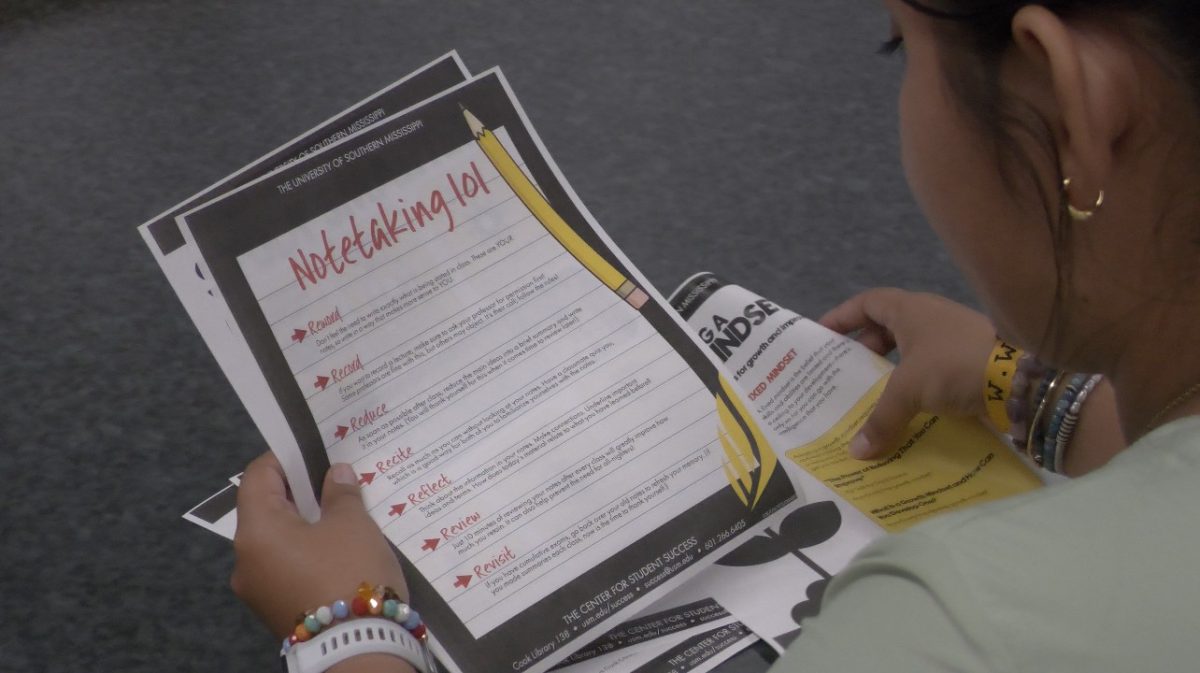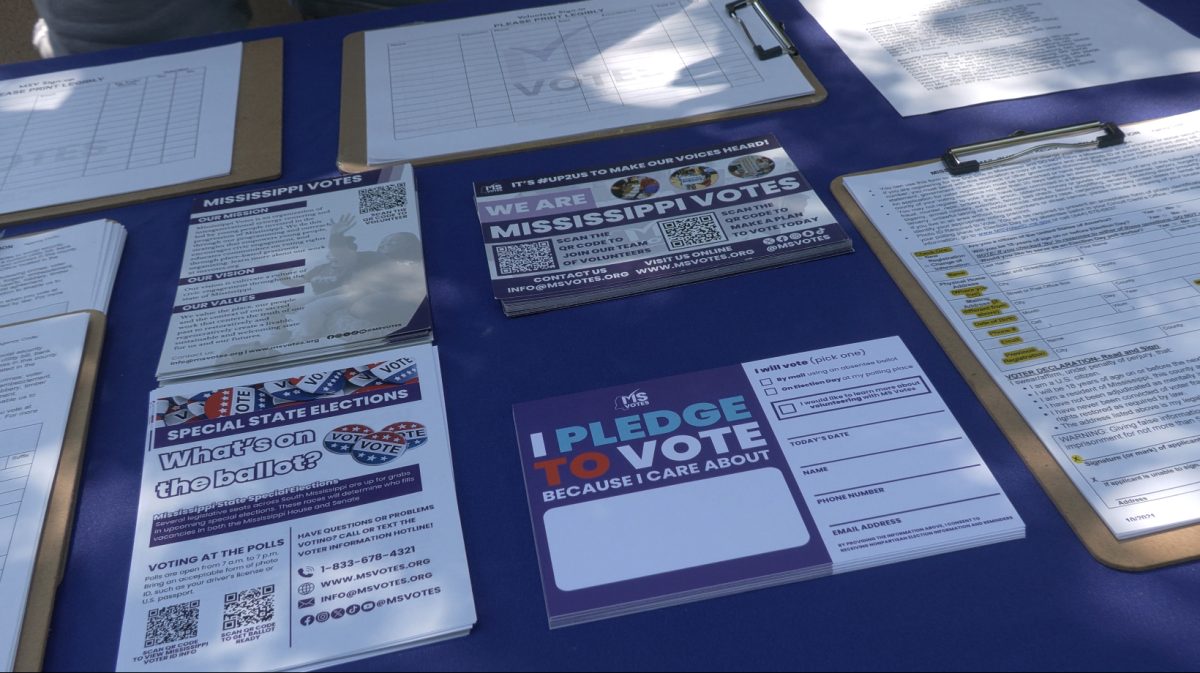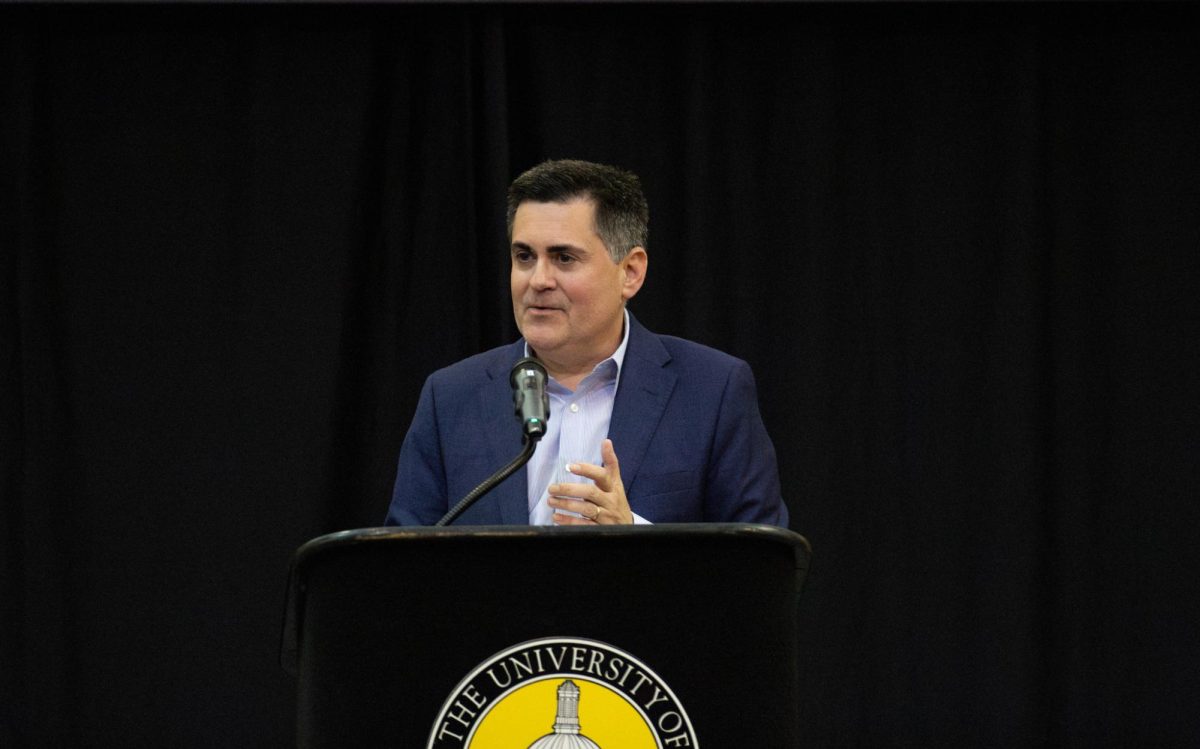People always ask college students, “What are your plans after graduation?” To which students either reply with a detailed response of their career goals or with hesitations about what kind of life awaits them beyond graduation.
College classes intend to prepare students to step into a career within their major. However, employers often seek more than a degree.
Many graduates find that experience is just as much a necessity. When textbook learning is not enough, students choose to leave the classroom and gain real-world knowledge.
Alexis Sanders, a senior biochemistry and molecular biology double major, has had two internships at The University of Mississippi Medical Center and one at Jackson State University. Sanders said that her three internships are the reasons she found her niche within the science field.
“You definitely need (experience) in today’s world,” Sanders said. “It’s available to everyone basically everyone is pursuing education.”
Other students agreed that internships are imperative.
Senior marine biology major Katie Schweiss’ internship allowed her to get experience working at an aquarium.
“I chose to get an internship because in the field of biology, you basically need one or need to have experience in a lab setting,” Schweiss said. “It sets you apart from others in your field. I think it shows you have dedication and gumption, especially if it’s an unpaid internship.”
Beyond the experience, internships can help students determine if they are in a field they actually enjoy.
Sarah Lacoste, a senior exercise science major, had two internships: one at a dentist’s office and one at a physical therapist’s office.
“I did them to make sure that it was what I wanted to do. I did the dental one and found out I did not like it at all,” Lacoste said. “So then I did the physical therapy one and loved it.”
While internships often help students get positive experience and are good opportunities for networking, some people find they fall into one that does not quite suit their needs.
For Sanders, she was too experienced for one of her internships, and the professional didn’t offer her any opportunities to further develop her research.
Lacoste also experienced being misplaced in an internship. “I think the only bad experience I had was feeling like I had to stay in the dental internship even though it grossed me out,” Lacoste said.
Internships can offer students the opportunity to be competitive while on the job hunt.
“Employers want students to be prepared before they come to the workforce. Of course, they know you’re on an entry level and that you are still learning, but they do want you do have some experience already,” Sanders said.
The way students handle themselves while in the work field during their internships has a lasting impact.
“You have to be aware of where to draw the line with coworkers and (superiors),” Schweiss said. “You technically don’t work there, but you always want to convey that you’re a professional person and could be a potential candidate for a job offer.”
Internships allow students to take what they learn in the classroom and put it to use in a professional setting.
Whether the internship reinforces their career plans or takes them in a new direction, students can benefit from the opportunity an internship provides.
































